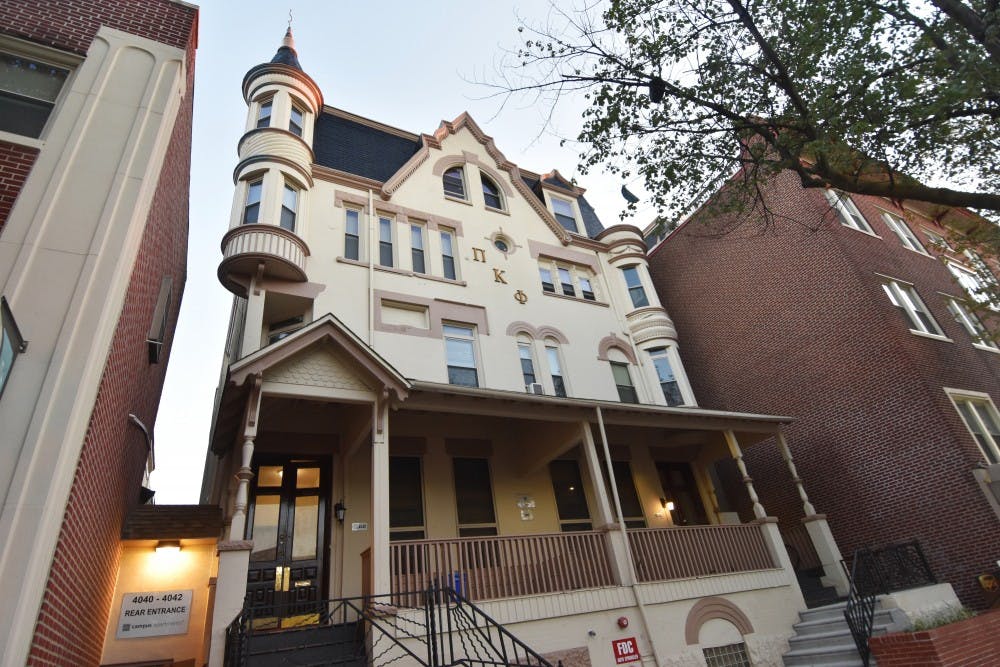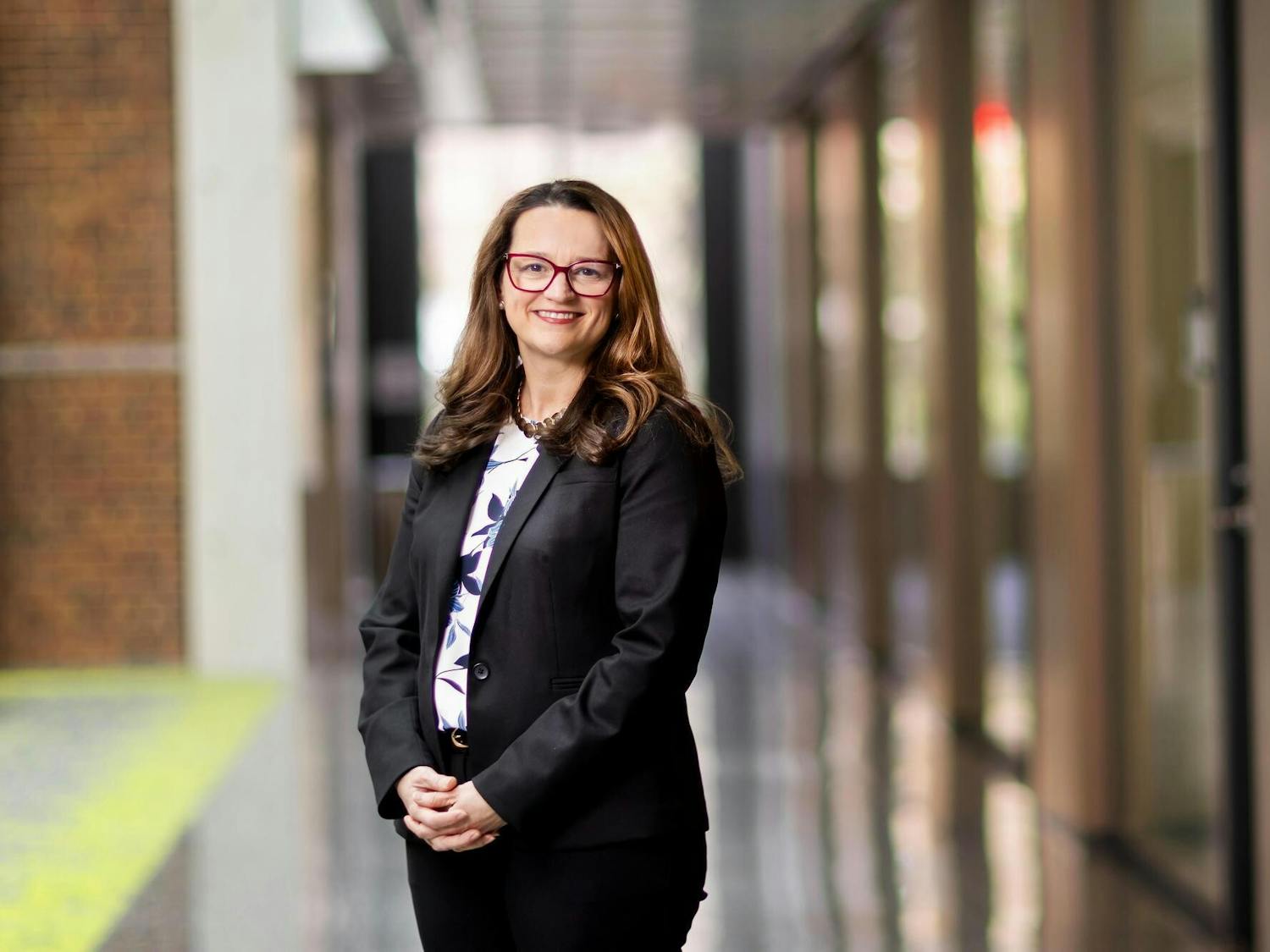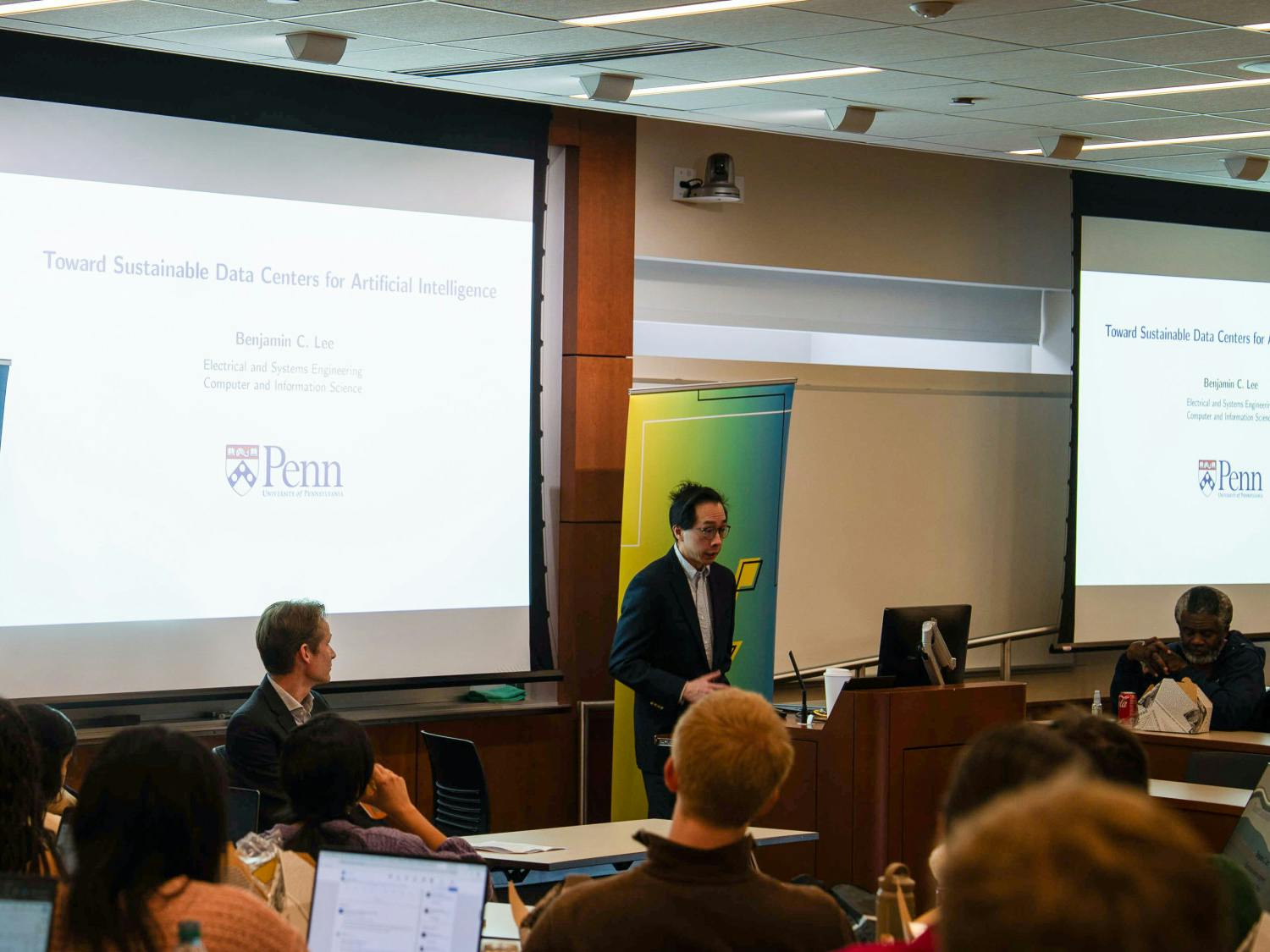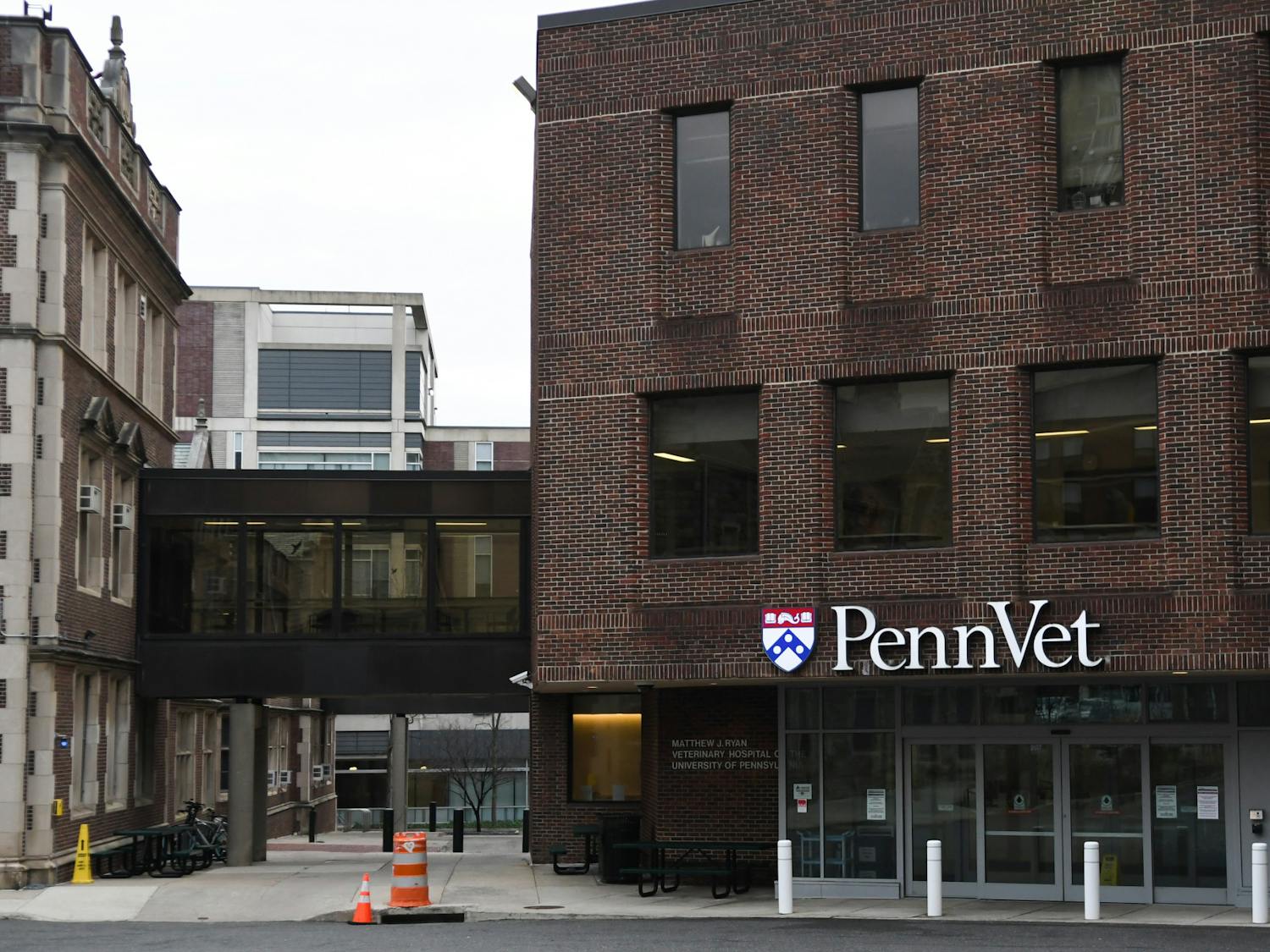Though Greek life has seen two organizations go off campus within the past year, the administration will not get in the way of their formation. As of now, there are a total of seven Greek organizations that function without the recognition of the Office of Fraternity and Sorority Life, most recently including the former Alpha Chi Omega and Pi Kappa Phi.
The administration deems these organizations as “nuisances” on the OFSL website in part because their unaffiliated status supersedes OFSL’s authority to regulate their activities. OFSL is concerned that without this supervision, the students of these organizations will engage in precarious situations that may violate Penn’s code of conduct and put its members in harm’s way.
“It’s an unaffiliated organization, so you can get students that are not as self-actualized as they should be, creating traditions out of risk,” OFSL Director Eddie Banks-Crosson said.
In addition to gaining administrative backing, being a part of an affiliated organization grants each member legal protection. If members of an affiliated organization were to violate Penn’s code of conduct, the entire chapter would be investigated. Whereas if an unaffiliated organization commits a comparable offense, each member is investigated separately — increasing the likelihood that each person will be individually sanctioned.
“If something happens in one of these off-campus organizations ... there’s a much higher likelihood of each one of them having individual records with our office,” Office of Student Conduct Director Julie Lyzinski Nettleton said.
Some students may join unaffiliated organizations to separate themselves from the images of hazing and partying that the media commonly associates with Greek life. However, Banks-Crosson denies that joining an underground organization frees individuals from that stigma.
“These frameworks are based around Greek organizations, and as much as we want to or we think in some ways that they are different, the framework is the same,” he said.
Banks-Crosson added that affiliated organizations — with their emphasis on philanthropy and connection — foster durable friendships and enable access to a national network of Greek alumni. He believes that without this accountability to OFSL and their national organization, unaffiliated organizations do not prioritize these principles.
“The publicity that I think these groups get is that their activities are saturated in alcohol, and while that may be a fast, uninhibited connection to people, it’s not an authentic connection to people,” Banks-Crosson said.
He also worries that these organizations will detract from the on-campus Greek community.
“The challenge is that they take impressionable students away from the Greek system,” he said.
A majority of these unofficial organizations were instituted to evade sanctions placed on their original fraternities and sororities by OFSL. These organizations claim to continue to maintain the values that were ingrained in their former Greek organizations in their off-campus ones. Their philanthropic efforts are even likely to be more effective because they are not obligated to give a portion of their proceeds to their national organization — all proceeds can go directly to the causes that they support.
Despite OSC’s and OFSL’s disapproval of these organizations, neither office has the authority to abolish them or inhibit students from joining. Instead, representatives from OSC have sought out and confronted students living in these houses.
“We’ve gone out knocking on the doors of off-campus houses to talk about their responsibility in our community,” Nettleton said. “We have been proactively trying to engage students in conversations about their behavior.”
Similarly, OFSL does not have the authority to officially identify and regulate these organizations. For this reason, OFSL does not have any strategy to become involved in their activities.
“I don’t have oversight of those groups. I don’t have that connection. I don’t have that familiarity,” Banks-Crosson said.
Instead, OFSL plans to focus on the affiliated organizations that are within its mandates.
“My responsibility is for the 51 [Greek organizations] that are recognized,” Banks-Crosson said.









